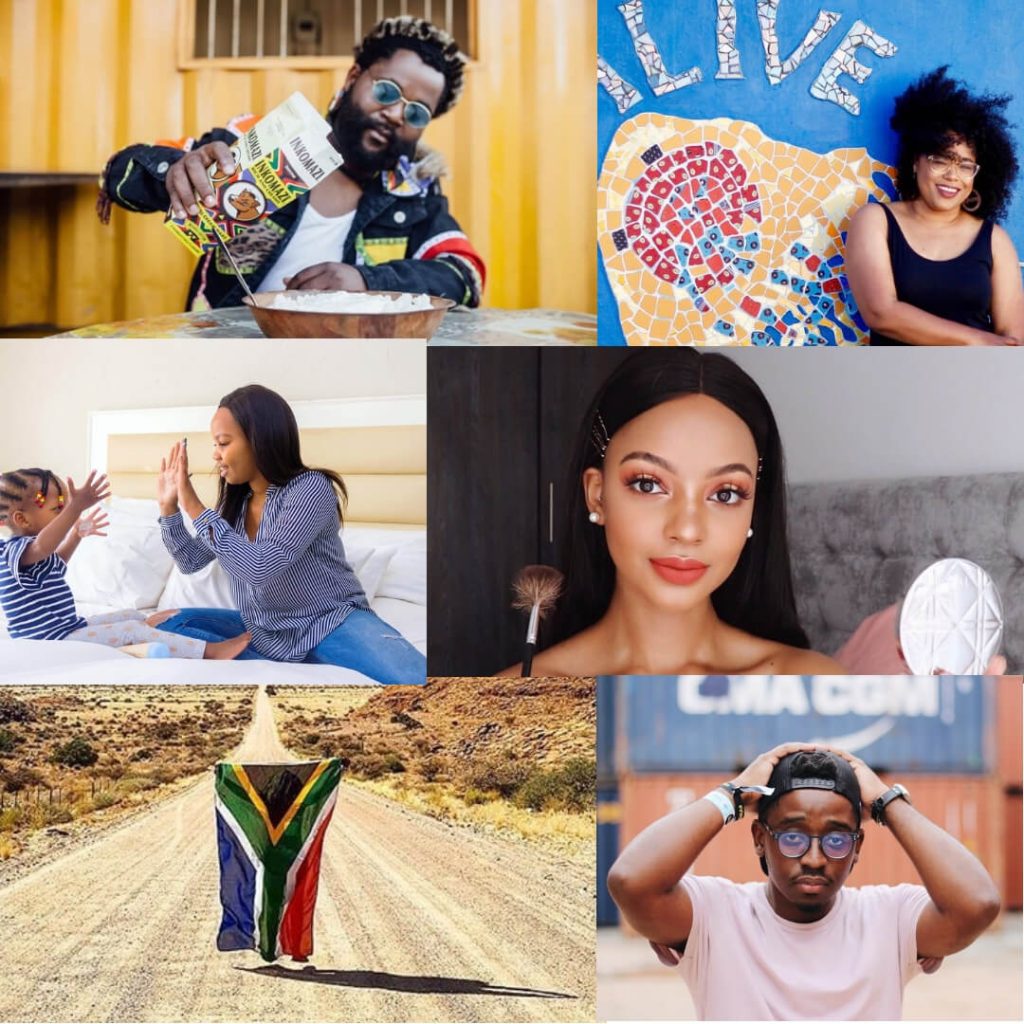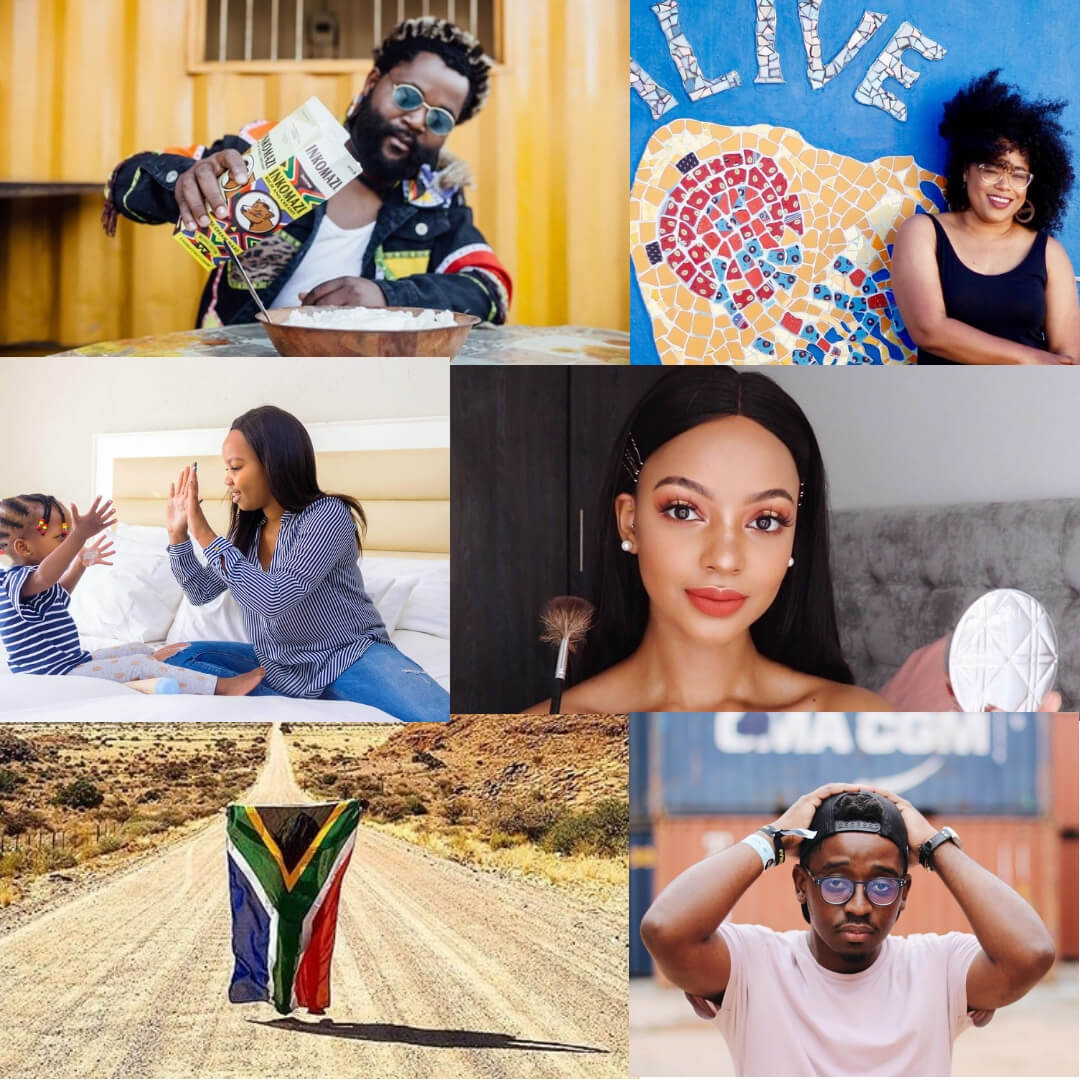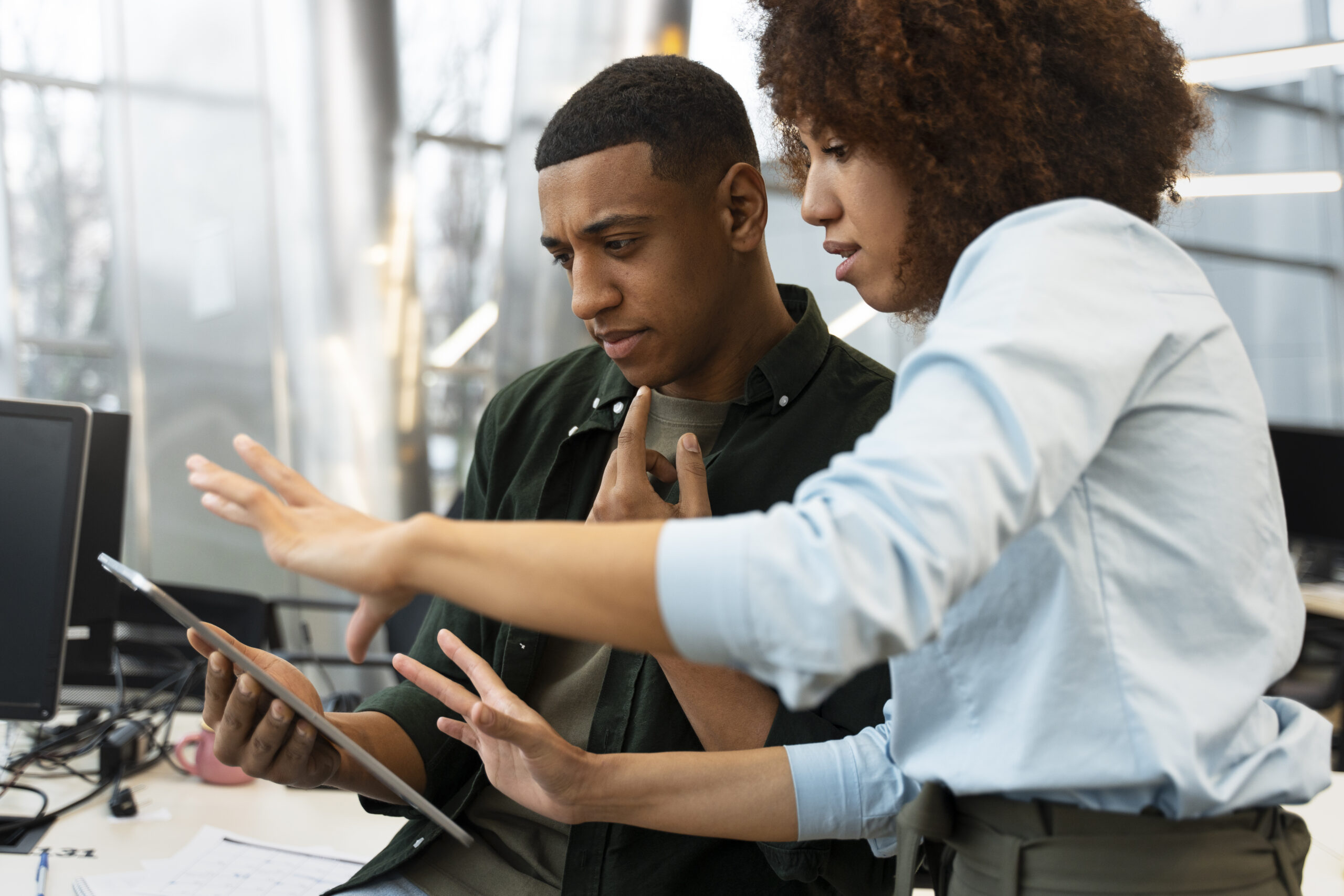
Influencer marketing is one of the most exciting new developments in brand communication today, said Atiyya Karodia, lead strategist of VML SA, a digital marketing, advertising and transformation agency.
This presents an exciting development for both working influencers and brands looking to tap into this growing industry.
“A local influencer at the bottom end of the scale can earn R1,000 per month, but one with international influence can earn up to R50,000 from their content.
“This is a key indicator of an industry that’s remarkably bigger than it was even one year ago, and is showing no sign of stopping any time soon,” she said. “And this is a new industry, on the rise and open to redefinition!”
Anje Rautenbach, a travel blogger on Going Somewhere Slowly and influencer, agrees but adds that South Africa’s influencer marketing industry still has some ways to before becoming established like the US or Europe.
Rautenbach has experience collaborating with brands, working with them on sponsored posts, advertising, digital campaign, press trips and competitions.
“South Africa is not there yet but brands are looking more and more towards smaller influencers – often called micro- or nano-influencers – as their connection with audiences and credibility is valued and the said audiences are also extremely valued.
Rautenbach who is also a freelance South African travel writer, started her blog in 2012. Today she has a combined social media following of nearly 20,000.
What do brands need to know to work with influencers and better their social media strategies in 2019? Rautenbach shares.
In your view, what can we expect from influencer marketing in SA going into 2019?
Hopefully less fluff and posing and more real conversation and authenticity.
It is time brands start realising that not every person is right for the job and that big numbers doesn’t necessarily mean an equally big return on investment
What do you want brands to know about working with influencers for a productive partnership?
First of all it is called a partnership, instead of being seen as a giant island on social media, brands should engage on social media with whoever is working with them. Also, value every individual for the time they put into the partnership, and allow them to convey the message or product in their own voice (with the necessary guidance and guidelines of course).
In the same way, what should local influencers know and do in order to attract and fulfill great campaigns for brands?
Invest in your own brand if you’re expecting a brand to invest in you.
What are your plans for your own platform? Any growth plans?
Consistent content but always quality over quantity, and if time is on my side I’d like to give video a bit of more of my attention as well.
And finally, what social media mistakes would you like brands to stop making in 2019?
It would be great if brands would not just work with individuals because another brand worked with said individual; it is time brands start realising that not every person is right for the job and that big numbers doesn’t necessarily mean an equally big return on investment.
Also, when it comes to social media – especially on a platform like Twitter where one tweet’s lifespan is less than 20 minutes – brands should learn to engage more often with whoever is using their product. A retweet won’t kill a brand, it is positive product reinforcement for the brand’s audience to see that person A – who perhaps has 88 followers – enjoyed a product, as well as person B – who has 88 000 followers.
It is 2019, it is time for brands – big or small – to stop using visual content without (depending on the circumstances) permission, credit or compensation.






